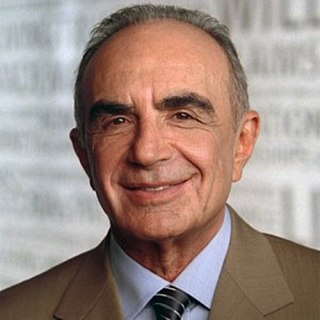A Quote by Aileen Lee
Over the long term, there will be many more billion-dollar technology companies than there are today.
Related Quotes
More and more major industries are being run on software and delivered as online services—from movies to agriculture to national defense. Many of the winners are Silicon Valley-style entrepreneurial technology companies that are invading and overturning established industry structures. Over the next 10 years, I expect many more industries to be disrupted by software, with new world-beating Silicon Valley companies doing the disruption in more cases than not.
I think that most technology is positive in the short term, and negative in the long term. I wonder, if somebody looked back at the 20th and 21st centuries a thousand years from now, what their perception of the car would be. Or of television. I wonder if over time, they'll be seen as this thing that drove the culture, but ultimately had more downside than upside.
I now say that the world has the technology - either available or well advanced in the research pipeline - to feed on a sustainable basis a population of 10 billion people. The more pertinent question today is whether farmers and ranchers will be permitted to use this new technology? While the affluent nations can certainly afford to adopt ultra low-risk positions, and pay more for food produced by the so-called "organic" methods, the one billion chronically undernourished people of the low income, food-deficit nations cannot.

































